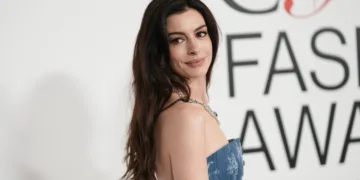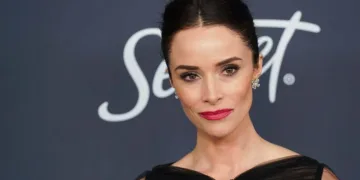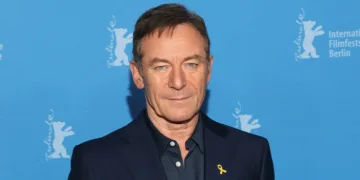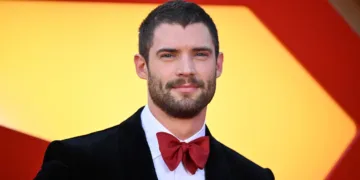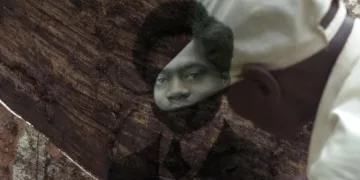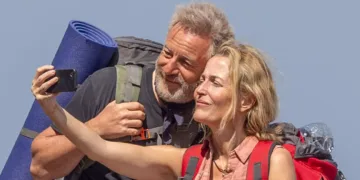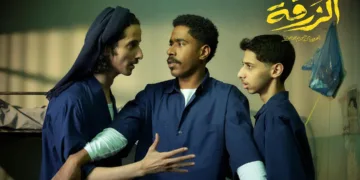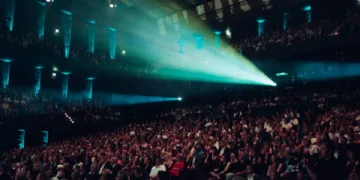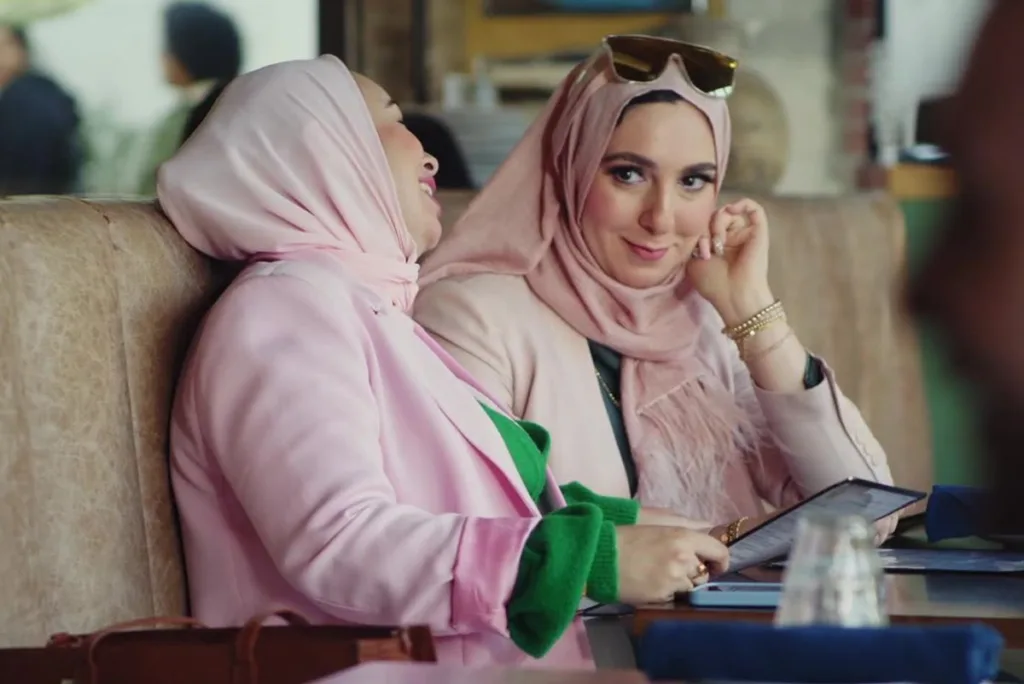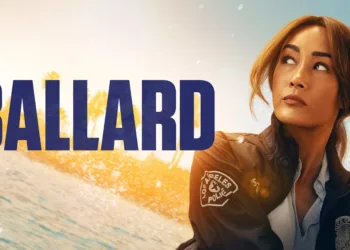Hulu’s “Muslim Matchmaker” extends an invitation into a specific sphere of romantic pursuit, charting the efforts of professional matchmakers guiding Muslim Americans toward matrimony. The series, from the creative purview of Smriti Mundhra, introduces Hoda Abrahim and Yasmin Elhady, two figures who undertake the intricate task of pairing individuals.
The participants are a varied group of Muslim Americans, each endeavoring to find a partner who complements their spiritual commitments and cultural lineage within the fabric of Western society.
“Muslim Matchmaker” positions itself as an observational window onto the practices of contemporary Muslim courtship in the United States, offering a glimpse into the delicate dance of devotion and desire. The show unfolds across several American cities, each backdrop to hopeful introductions and the careful consideration of shared futures.
The Navigators of Nuance
At the helm of these romantic endeavors are Hoda Abrahim and Yasmin Elhady, whose on-screen dynamic provides a warm, engaging core to the series. They present as astute and often humorous guides, possessing a sisterly rapport that seems to put their clients at ease.
Their proclaimed methodology, the “Rules of Three”—three dates, three months, three hundred questions—suggests a framework for intentional courtship, a deliberate slowing of pace in a world accustomed to rapid judgments. This structured approach underscores a belief in the gradual cultivation of understanding.
They appear to offer counsel that is both gentle and direct, skillfully addressing the equilibrium their clients seek between deeply held religious principles and individual aspirations for companionship. Hoda’s visible pregnancy during filming, and occasional allusions to Yasmin’s own life path, subtly inform their perspectives, adding layers to their roles as facilitators of connection for a clientele dispersed geographically and varied in their expressions of faith.
Journeys in Faith and Affection
The individuals seeking matches through Hoda and Yasmin offer a spectrum of modern Muslim American life. We meet professionals, such as a software engineer with clear domestic visions that manifest in rather unconventional first-date settings like appliance stores.
Creative souls search for partners who possess an indefinable “main character energy,” while others meticulously calibrate their desired “halal-to-haram ratio.” These quests give rise to substantive dialogues that thread through the series: the weight of cultural expectations concerning age disparities in relationships, the tension between giving connections time to mature versus the impulse for immediate compatibility, and the persistent negotiation of how ancient faith traditions inform contemporary romantic choices.
The influence of family, sometimes central, sometimes peripheral, also colors these narratives. The series captures the emotional undulations of this process—the sparks of initial interest, the anxieties of disclosure, and the quiet contemplation that follows each encounter, painting a picture of hope meeting reality.
The Texture of Televised Courtship
“Muslim Matchmaker” possesses an atmosphere that is largely affirming and instructive, distinguishing itself from the more tempestuous currents of its reality television kin. The production employs swift editing and, at times, suspense-building glimpses of future events to maintain engagement, while its multi-city canvas provides a pleasing visual variety.
The appeal of the program stems significantly from the personable nature of the matchmakers and the relatable sincerity of the participants’ desires. It sidesteps manufactured confrontation, preferring to explore the authentic, if sometimes subtle, dramas of human connection and disconnection.
Viewers may find the series offers a refreshing perspective on the architecture of relationships, particularly its depiction of a community thoughtfully engaging with how to build lasting partnerships. It is a viewing experience that can foster an appreciation for the diverse ways individuals seek love and the shared human aspiration for meaningful companionship, appealing to those who prefer their reality narratives to be imbued with a measure of warmth and genuine exploration.
Muslim Matchmaker premiered on Hulu on February 11, 2025. The series follows matchmakers Hoda Abrahim and Yasmin Elhady as they assist Muslim American singles in finding love while navigating cultural customs and showcasing the community’s diversity.
Full Credits
Director: Senain Kheshgi
Writers: Information not publicly available
Producers: Maya Gnyp
Executive Producers: Smriti Mundhra, Senain Kheshgi, Nina Aujla, Maya Gnyp, Claire Weinraub, David Sloan, Poh Si Teng
Cast: Yasmin Elhady, Hoda Abrahim, Faryal Ahmed, Uneeb Khan, Rehan Azhar, Fulani G. Jabri, Mariam Sallam
Director of Photography (Cinematographer): Information not publicly available
Editors: Wilton Cruz, Stacy Kim
The Review
Muslim Matchmaker
"Muslim Matchmaker" offers a gentle and insightful exploration of contemporary Muslim courtship in America. With engaging matchmakers and relatable participants, the series provides a refreshing alternative to standard reality dating formats, prioritizing genuine connection over manufactured conflict. It thoughtfully presents the complexities of balancing faith, culture, and personal desires, making for a viewing experience that is both warm and quietly compelling.
PROS
- Offers a fresh, respectful perspective on matchmaking within a specific cultural and religious setting.
- Features charismatic and insightful matchmakers, Hoda and Yasmin.
- Showcases diverse and relatable participants on genuine quests for love.
- Focuses on intentional dating and meaningful conversations rather than excessive drama.
- Provides a heartwarming and often educational viewing experience.
CONS
- The pace might feel slow for viewers accustomed to high-drama reality shows.
- Some matchmaking choices or outcomes might leave viewers questioning the process.
- Not all participants' storylines receive equally satisfying resolutions within the season.













